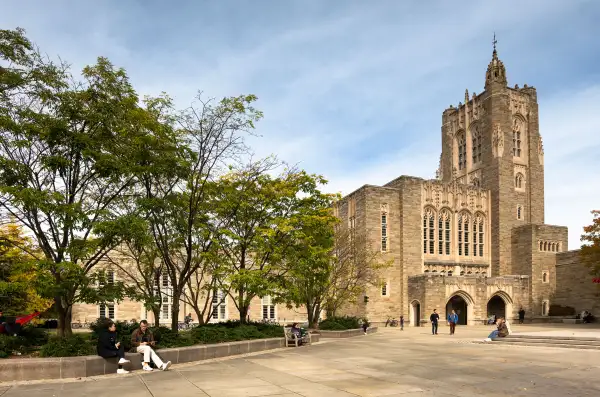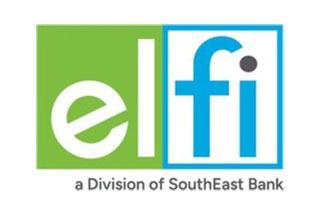An 'Affordable' College Degree Now Means Not Going Into Debt, According to Parents

Americans are growing increasingly wary of taking out student loans to pay for college — and that includes parents. Most of them now define an affordable college degree as one that doesn’t leave their kids with student loan debt.
When the consulting firm EAB, formerly known as the Education Advisory Board, asked parents what “affordable” or “manageable” college costs mean to them, about 52% defined the terms as taking on no debt whatsoever, according to a Money analysis of results released Thursday.
The report is based on responses from over 1,600 parents and students considering college. Both groups agreed: The cost of college is their primary concern about higher education, and that worry has only been growing in recent years.
Parents are now more likely to view the value of college through a debt-averse lens. Earlier this year, parents told EAB that the biggest indicator of a valuable education for their kids was them graduating with little to no debt. But when the company asked that same question in 2022, parents were more focused on career prospects and job placement. Graduating with low or no debt came in at No. 3.
Changing views on college degrees
The EAB’s report is the latest in a glut of research that suggests Americans are laser-focused on the staggering cost of college.
This summer, a report from a higher education tech company called Ellucian found that about 6 in 10 currently enrolled college students said they were considering dropping out due to the financial stress of affording college — and that upwards of 19% actually did drop out.
While the price tag for a degree has moderated since the pandemic, college costs overall have skyrocketed over the past 20 years. According to a Money analysis of U.S. Education Department data, the average inflation-adjusted cost of a bachelor’s degree — including tuition, fees, room and board, and assuming a four-year completion — has increased by 30% since the early 2000s. It all now costs over $123,000.
For many, the eye-popping cost of attendance has them questioning whether college is even worth it these days. Back in May, a Pew Research Center study homed in on that sentiment, asking Americans that very question. Similar to EAB’s findings, how they answered depended a lot on whether student loans were involved.
Only 22% of respondents replied that college is worth the cost even with student debt. On the other hand, 47% said that college is worth the money, but only if you don’t need loans. Another 29% told Pew that college is not worth it, period.
The reality is that a strong majority of college students take on debt to complete their degree. According to the Urban Institute, 70% of graduates with a bachelor’s degree have at least some student debt.
More than ever, parents are becoming indebted to help their kids pay for college, too. Of all full-time students who are considered dependents, 13% of their guardians have taken out federal Parent PLUS loans, Urban’s analysis shows, and the typical balance has grown to over $16,000.
More from Money:
These Are the Best Colleges in America






